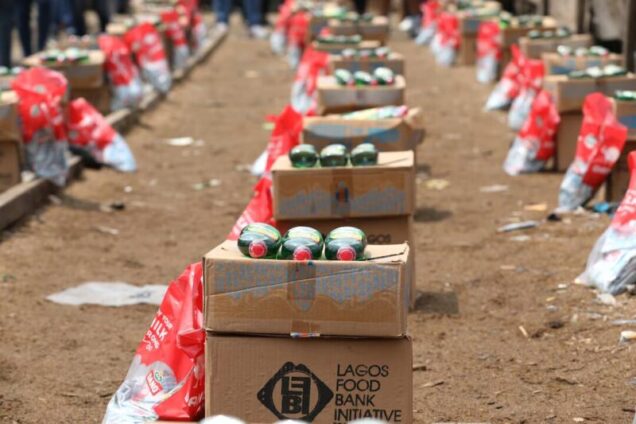Nigeria faces one of its worst hunger crises with more than 30 million people expected to be food insecure next year, a one-third jump from this year due to economic hardship, a joint report by the government and United Nations said on Friday.
Nigeria, Africa's most populous nation, is grappling with a cost of living crisis that led to deadly protests in August.
Economic hardship has worsened after President Bola Tinubu started austerity reforms, including devaluing the naira and ending a decades-old petrol subsidy, fuelling inflation.
The analysis conducted twice a year in 26 states and the federal capital, projected that 33.1 million people would be food insecure by August next year. That compares with 24.8 million by the end of this year.
"Several factors are driving this trend, but most prominently are economic hardship coupled with record high inflation, a record rise in food prices and record high transportation costs," a statement accompanying the report said.
Chi Lael, World Food Programme spokesperson in Nigeria told Reuters that "economic decisions to strengthen the country in the long term, in the short term have felt like a direct attack on people's wallets, hitting hardest every time they try to buy food."
Finance Minister Wale Edun said on Thursday 5 million households had so far received cash handouts of 25,000 naira ($15.45), as part of the government's programme to help the most vulnerable families.
High food prices have contributed the most to inflation, which advanced to 32.70% in annual terms in September from 32.15% in August.
Flooding and insecurity in northern states continued to hit agriculture, further driving up food prices beyond the reach of many families.
Last month's floods destroyed an estimated 1.6 million hectares of crops, mainly in the northern food basket states, potentially causing production losses of a combined 1.1 million tonnes for maize, sorghum and rice, the joint statement said.
That is enough to meet the daily food needs of about 13 million people for a year.
In financial terms, the potential cereal crop losses amount to almost $1 billion in economic losses, the statement added.
Latest Stories
-
German-based Kanzlsperger makes medical donation to WAFA
33 mins -
It could take over 100 years for Ghana and other African countries to become ‘developed’ – Report
34 mins -
AEC 2024 renews momentum to lift Africa out of poverty despite global shocks
58 mins -
Can RFK Jr make America’s diet healthy again?
1 hour -
Maiden Women in Chemical Sciences conference opens with a call for empowerment
3 hours -
We’ll reclaim all Groupe Nduom stolen assets – Nduom declares
3 hours -
Center for Learning and Childhood Development Director Dr Kwame Sakyi honoured at Ghana Philanthropy Awards
12 hours -
Asantehene receives 28 looted artefacts
13 hours -
CAF WCL 2024: Ghana’s Thelma Baffour wins title with TP Mazembe
14 hours -
Benjamin Boakye slams politicisation of energy sector issues and ECG’s inefficiencies
14 hours -
Erastus Asare Donkor and Dr Neta Parsram win big at 10th Mining Industry Awards
14 hours -
Government is “suppressing information” about power sector challenges – IES Director
15 hours -
Majority of our debts caused by forex shortfall – ECG Boss
15 hours -
Pan-African Savings and Loans supports Ghana Blind Union with boreholes
15 hours -
Bole-Bamboi MP Yussif Sulemana donates to artisans and Bole SHS
16 hours

